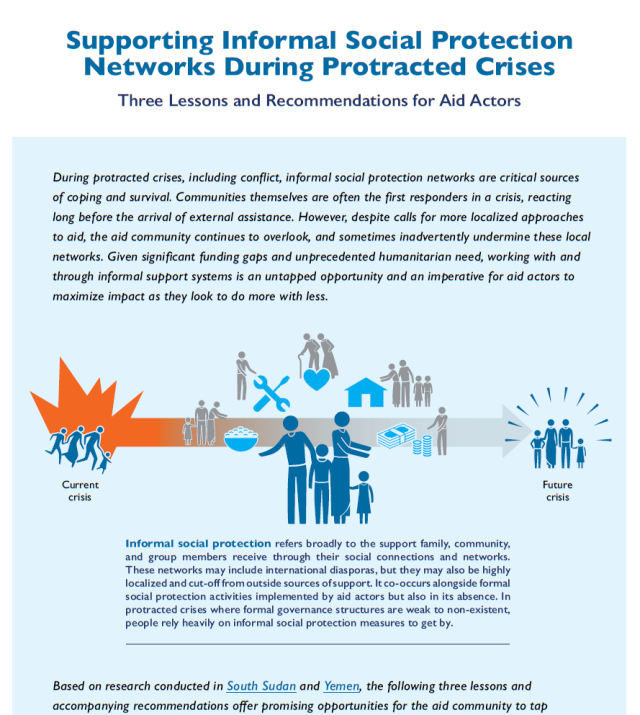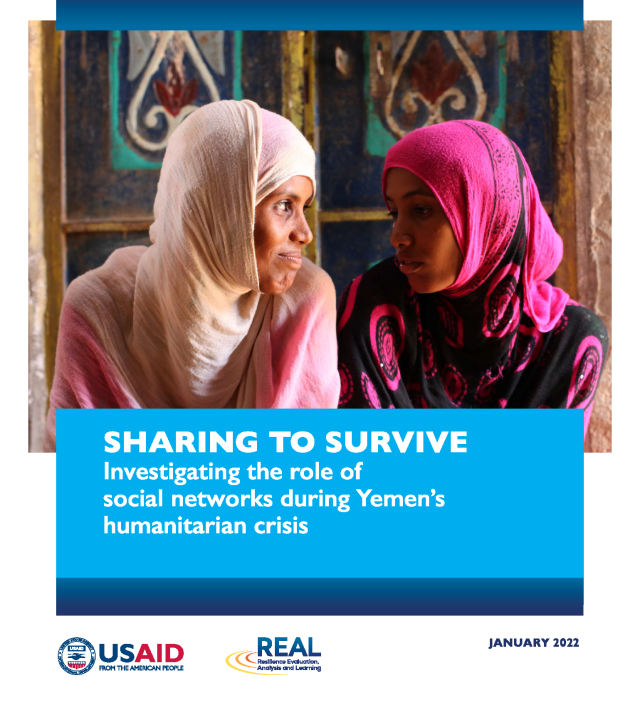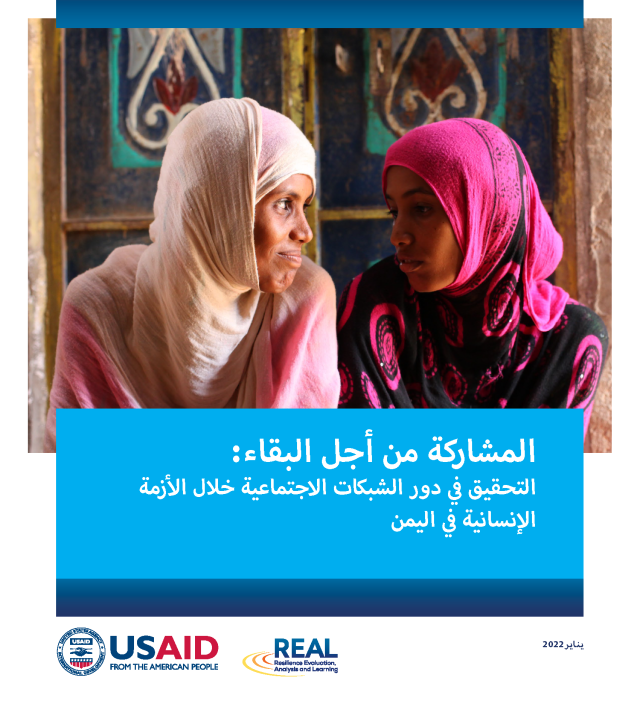
Informal Social Protection Networks & Resilience in Conflict-Affected Contexts: Lessons from South Sudan and Yemen

Why do informal social protection networks matter for households in conflict-affected contexts?
Studies from a variety of contexts make clear that much of the assistance that crisis-affected households and individuals receive does not come from international aid agencies or governments, but rather from their own networks: neighbors, friends, relatives, and in some cases broader groupings of kin such as clans or ethnic groups. In the face of crises, households’ social connections and the resources available through their own networks are central to their capacity to endure and recover. In this synthesis, Mercy Corps draws on two studies, The Currency of Connections: Why Do Social Connections Matter for Household Resilience in South Sudan? and Sharing to Survive: Investigating the Role of Social Networks During Yemen’s Humanitarian Crisis, to offer key lessons and recommendations for aid actors to better account for and help strengthen such informal support networks.
Key lessons from this report are summarized in the fact sheet, Supporting Informal Social Protection Networks During Protracted Crises.

